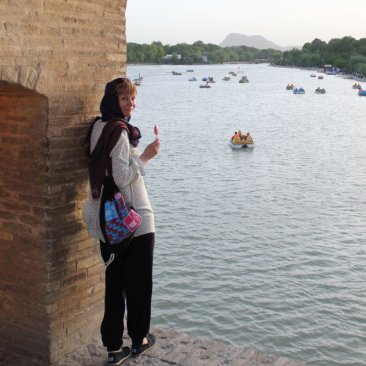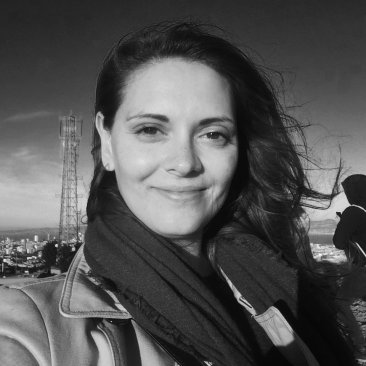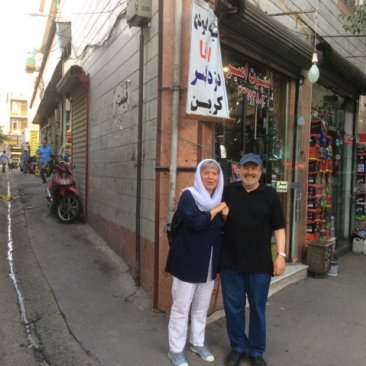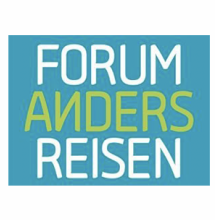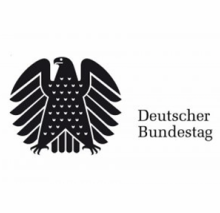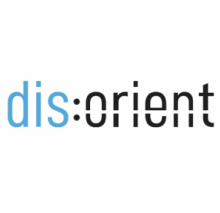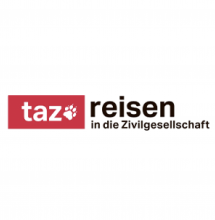Even extensive media coverage does not suffice to explain Iran’s politics, society, and culture: fear of the “Mullah State” lingers. However, a visit to the Islamic Republic of Iran introduces us to a heterogeneous, modern, ever-changing multi-ethnic state, whose proud population is far from being uncritical of its regime. Iranian women, who are very present in public life, in universities, and on the job market but underrepresented in politics, are particularly ready to challenge the system.
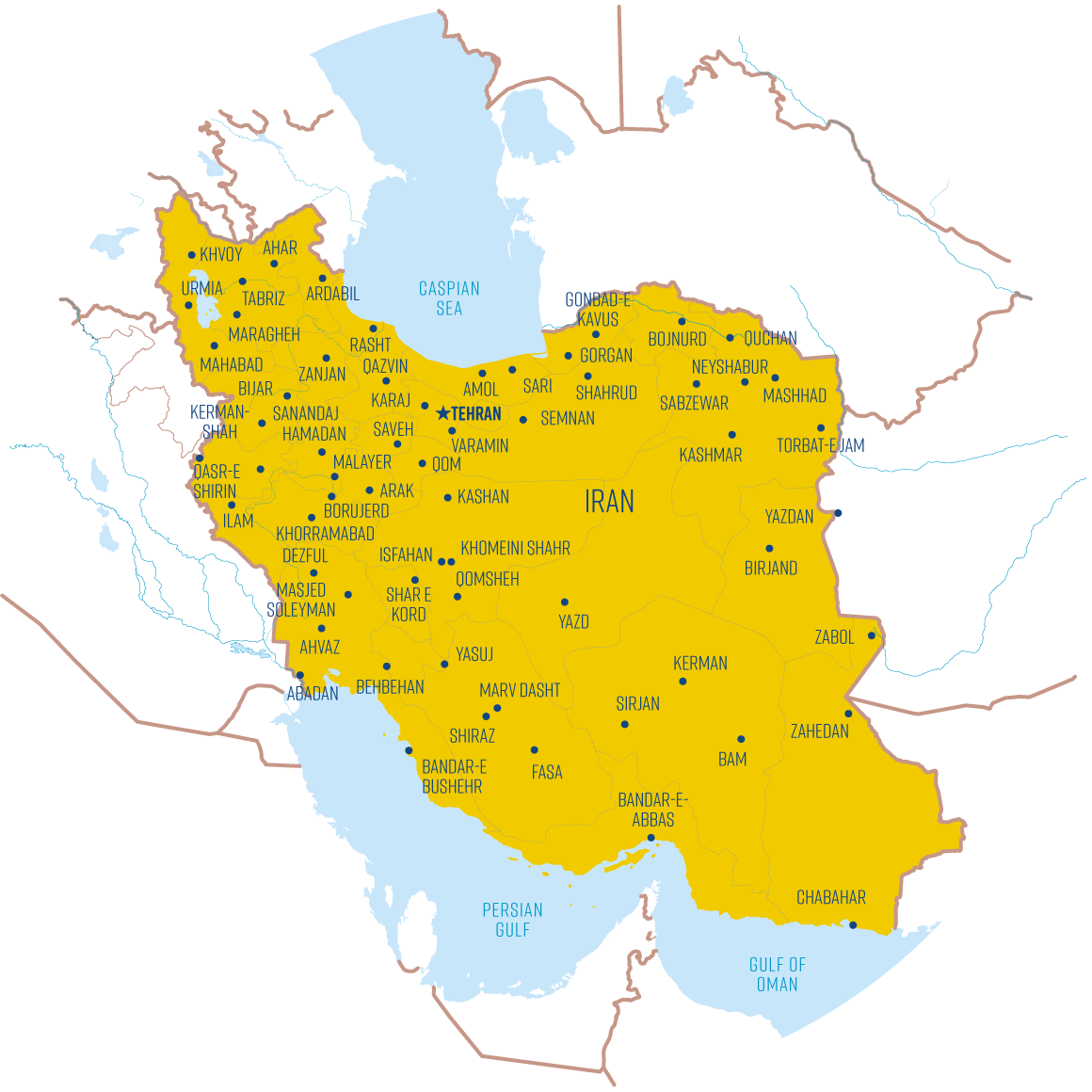
Iran’s view of itself as a regional power is based on memories of the glorious Persian civilization, which easily outdid Europe. Relics of the Persian Empire, which once reached from the Mediterranean Sea to the Indus River, still inspire admiration today.
Iran’s recent history is marked by the 1979 revolution that led to the overthrow of the Pahlavi dynasty and the founding of the Islamic Republic.
Iran’s self-image explains its active foreign policy in the Middle East: The country seeks to influence power struggles in Lebanon and engages militarily in Syria, Iraq, and Yemen.
Stretching through several climate zones, Iran boasts a huge variety of flora and fauna. The mixed forests in the mountainous north and in the nature reserves in the country’s interior, where cheetahs run, are well worth visiting.
Unsere Highlights
Shiraz
The city of Iran’s national poets, Hafez und Saadi, with its relaxed, famously hospitable people is the perfect place to begin our trip. Here, lovely gardens offer shade from the noon heat. Shiraz boasts numerous attractions such as the poets’ tombs and the Shah-e Cheragh Shrine so beloved by Shia pilgrims.
Yazd
The oasis city with its subterranean canals is the home of Iran’s Zoroastrian community. Particularly memorable are its central temple complex and site of Shia “Ashura” processions, and the traditional fitness studio, the “Zurkhane.”
Isfahan
The city of Isfahan hosts innumerable architectural treasures of the Safavid period. Colorful mosques and palaces surround the Naqsh-e Jahan, one of the world’s most beautiful public squares. We meet the people of Isfahan in its bustling bazaar and on the pedestrian bridges that lead across the Zayanderud River to the Armenian quarter.
Teheran
Iran’s political and economic center, Teheran, the city of the revolution, is a modern metropolis, a Moloch. We spend our time touring the city on the lookout for signs of its turbulent recent past and current challenges.
The mountains
Numerous massive mountain ranges cross Iran, with dozens of peaks rising more than 4,000 meters above sea level. Some rugged and bare, others covered with thick forests, Iran’s mountains invite us to hike and ski.
Encounters
We seek to understand contemporary Iran through conversations with artists, students, politicians, academics, and representatives of religious minorities.
The deserts
Salt flats and endless stretches of sand dunes: Iran has a fascinating desert landscape that we’ll also visit to savor its silent starlit nights.

